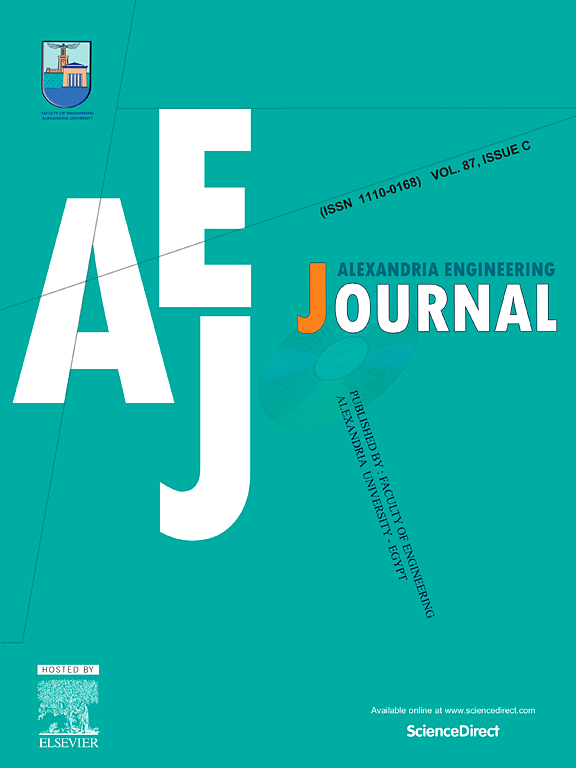Financial engineering and the digital economy: The implementations of machine learning algorithms
IF 6.2
2区 工程技术
Q1 ENGINEERING, MULTIDISCIPLINARY
引用次数: 0
Abstract
The digital economy is quickly expanding, particularly in developing nations, as digital technologies are widely adopted. These technologies are revolutionizing many sectors, accelerating digitization throughout industries. The digital economy seeks to increase economic productivity and innovation by exploiting digital data, information, and communication technology. Within the area of digital currencies, bitcoin has developed as a significant subgroup. Its quick growth and adoption have had a profound impact on financial markets around the world. The purpose of this study is to forecast financial market trends by considering variables like bitcoin prices, coal pricing, hydroelectric power, and thermal energy. The timeframe of our study includes monthly data during the period from February 2016 to March 2024. The study utilizes comprehensive tools that integrate machine learning (ML) techniques with classical time series models. By applying such sophisticated tools, we aim to deliver forecasts that are both accurate and actionable, thereby empowering stakeholders to make informed decisions in increasingly digital and interconnected economy. The empirical results indicate that ANN outperforms other models, achieving the lowest RMSE (0.339) and MAE (0.271), making it the most accurate for predicting the Pakistan stock market. These findings highlight the potential of advanced ML models in financial forecasting.
金融工程与数字经济:机器学习算法的实现
随着数字技术被广泛采用,数字经济正在迅速扩张,尤其是在发展中国家。这些技术正在改变许多行业,加速整个行业的数字化。数字经济旨在通过利用数字数据、信息和通信技术来提高经济生产力和创新。在数字货币领域,比特币已经发展成为一个重要的分支。它的快速发展和普及对全球金融市场产生了深远的影响。这项研究的目的是通过考虑比特币价格、煤炭价格、水力发电和热能等变量来预测金融市场的趋势。我们研究的时间框架包括2016年2月至2024年3月期间的月度数据。该研究利用综合工具,将机器学习(ML)技术与经典时间序列模型相结合。通过应用这些复杂的工具,我们的目标是提供准确和可操作的预测,从而使利益相关者能够在日益数字化和互联化的经济中做出明智的决策。实证结果表明,人工神经网络优于其他模型,实现了最低的RMSE(0.339)和MAE(0.271),使其成为预测巴基斯坦股市最准确的模型。这些发现突出了高级机器学习模型在财务预测中的潜力。
本文章由计算机程序翻译,如有差异,请以英文原文为准。
求助全文
约1分钟内获得全文
求助全文
来源期刊

alexandria engineering journal
Engineering-General Engineering
CiteScore
11.20
自引率
4.40%
发文量
1015
审稿时长
43 days
期刊介绍:
Alexandria Engineering Journal is an international journal devoted to publishing high quality papers in the field of engineering and applied science. Alexandria Engineering Journal is cited in the Engineering Information Services (EIS) and the Chemical Abstracts (CA). The papers published in Alexandria Engineering Journal are grouped into five sections, according to the following classification:
• Mechanical, Production, Marine and Textile Engineering
• Electrical Engineering, Computer Science and Nuclear Engineering
• Civil and Architecture Engineering
• Chemical Engineering and Applied Sciences
• Environmental Engineering
 求助内容:
求助内容: 应助结果提醒方式:
应助结果提醒方式:


